Understanding Patent Abuse
Your Legal Rights and Recourse
Patents serve as essential protections for inventors and innovators, granting exclusive rights to their inventions for a specified period. However, these rights are not absolute and can be subject to abuse by individuals or entities seeking to exploit or infringe upon them. In such cases, patent holders have legal recourse to take action against those who abuse the protections afforded by their patents.
When someone abuses the protections provided by a patent, it typically involves actions such as unauthorized use, manufacture, sale, or importation of the patented invention. These actions not only undermine the value of the patent but also violate the exclusive rights granted to the patent holder under patent law.
One of the primary legal avenues available to patent holders in cases of abuse is to pursue litigation against the infringing party. Patent infringement lawsuits are complex legal proceedings that require careful preparation and strategic enforcement of patent rights. In such lawsuits, the patent holder must demonstrate that their patent is valid, that the infringing party has engaged in activities covered by the patent claims, and that they have suffered damages as a result of the infringement.
In addition to seeking monetary damages for lost profits and royalties, patent holders may also request injunctive relief to halt further infringement by the accused party. Injunctions are court orders that require the infringing party to cease their infringing activities immediately, thereby preventing ongoing harm to the patent holder's rights and interests.
In cases where patent abuse involves willful and deliberate infringement, courts may impose enhanced damages as a deterrent against future misconduct. Willful infringement occurs when the infringing party knowingly and intentionally violates the patent holder's rights, demonstrating a disregard for the law and the patent holder's rights. Enhanced damages serve to punish such behavior and deter others from engaging in similar conduct.
Moreover, patent holders can also explore alternative dispute resolution mechanisms, such as mediation or arbitration, to resolve patent disputes outside of the courtroom. These methods offer a less adversarial and more collaborative approach to resolving disputes, potentially saving time and resources for both parties involved.
It is essential for patent holders to act promptly upon discovering instances of patent abuse to preserve their rights and mitigate further harm. Timely enforcement of patent rights sends a clear message that infringement will not be tolerated and helps to maintain the integrity and value of the patent system.
In conclusion, if you have a patent and someone abuses the protections it provides to you, you have the legal right to take action against them. Whether through litigation, alternative dispute resolution, or other legal means, patent holders have recourse to defend their rights and interests against infringement. By asserting their rights and seeking appropriate remedies, patent holders can uphold the integrity of the patent system and protect their valuable inventions from abuse. ThornCrest Law is experienced in matters of patent infringement, and is at the ready to assist you in pursuing legal action and protecting your work! Schedule a consultation with us today.
ADDRESS
333 Olive St, San Diego, CA 92103-6215
ThornCrest Law
This website has been built to be accessible for all users. If you experience any difficulty in accessing this website, please contact us for assistance.

